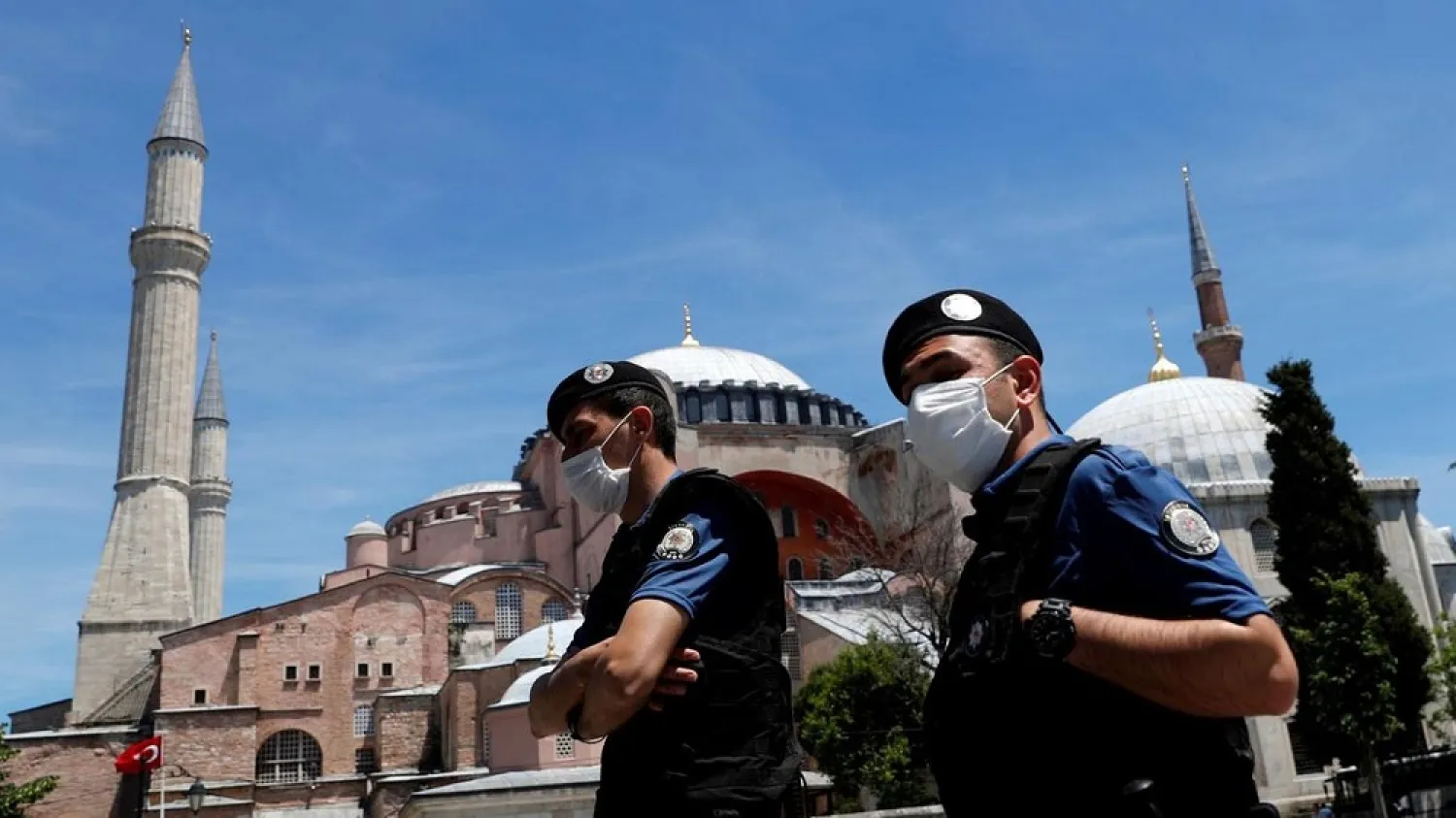Turkey's parliament began debating a draft law on Friday that would increase oversight of non-governmental organizations and which, according to rights campaigners, risks limiting the freedoms of civil-society groups.
The bill would allow the interior minister to replace members of organizations who are being investigated for terrorism charges. The interior ministry could also apply to courts to halt the groups' activities under the draft bill.
The government says the measure, covering "foundations and associations", aims to prevent non-profit organizations from financing terrorism and to punish those who violate the law.
Civil-society groups, including Amnesty International and the Human Rights Association, said terrorism charges in Turkey were arbitrary, and that the draft law would violate the presumption of innocence and punish those whose trials were not finalized.
The bill was drafted by President Recep Tayyip Erdogan's AK Party (AKP), which holds a majority in parliament with nationalist MHP allies, suggesting it is likely to pass.
Investigations based on terrorism charges have been launched against hundreds of thousands of people under a crackdown following a failed coup in 2016. Hundreds of foundations were also shut down with decrees following the coup attempt.
Critics say Erdogan and the AKP have used the failed coup as pretext to quash dissent. The government says the measures were necessary given the security threats facing Turkey.
Under the draft law, foundations would be inspected annually by civil servants who could request any documents from them.
Local governors or the interior minister could block online donation campaigns to prevent terrorism financing and money laundering, under the draft law.
Fines of up to 200,000 lira ($26,200) could be levied for any group found to be engaged in illegal online donation campaigns, compared with a current maximum of 700 lira.









